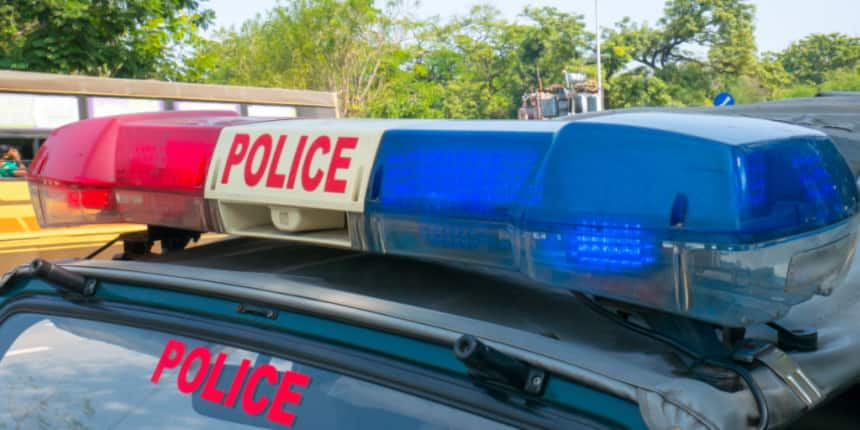SDPO Full Form
What is Full Form of SDPO?
SDPO stands for Sub-Divisional Police Officer. India has a particular police rank called SDPO. The phrase comes from the British Indian Police Act of 1861, which Lord Raffles proposed in order to hire police personnel to serve in British India. It is a police rank lower to Inspector rank. There are no additional duties associated with the SDPO rank beyond performing certain duties like patrolling and investigation. In many nations, policing has long been a significant endeavour. One of the most significant and high-level tasks given to police officers' subordinates in India is policing. As can be seen, SDPOs serves as a liaison for any problems or issues relating to law and order between the district police and all relevant government agencies, as well as with other individuals like judges and courts.
- What is Full Form of SDPO?
- Difference between SDPO and Inspector
- Role of SDPO
- Powers of SDPO

Difference between SDPO and Inspector
The inspector rank is above the SDPO rank but below the deputy superintendent (DSP) rank.
The actions of an Inspector is recorded but for SDPO, no such duty record is maintained in the police stations.
SDPO can be promoted to Inspector rank.
Role of SDPO
The district police and the state government in India are connected by the appointment of SDPO to various police stations. They offer coordination and guidance to the lower echelons of policing from the state's highest level of government. The probe also involves these policemen. Additionally, these officers work to handle regional issues including tribal disputes, strengthen peace and order, etc. Additionally, SDPOs lack the authority to make independent arrests or conduct investigations.
Powers of SDPO
A SDPO's authority is quite comparable to an Inspector's. There are some noticeable distinctions, though. In particular, the SDPO lacks the authority to make arrests. However, if he considers that the actions of the people who are threatening or attacking him during a police operation are harmful to him and his group, he may use force against them. Another crucial factor is that SDPOs are not regarded as "Inspectors," therefore there will be no record of the actions they carry out in their particular police stations, unlike Inspectors, whose activities must all be reported.